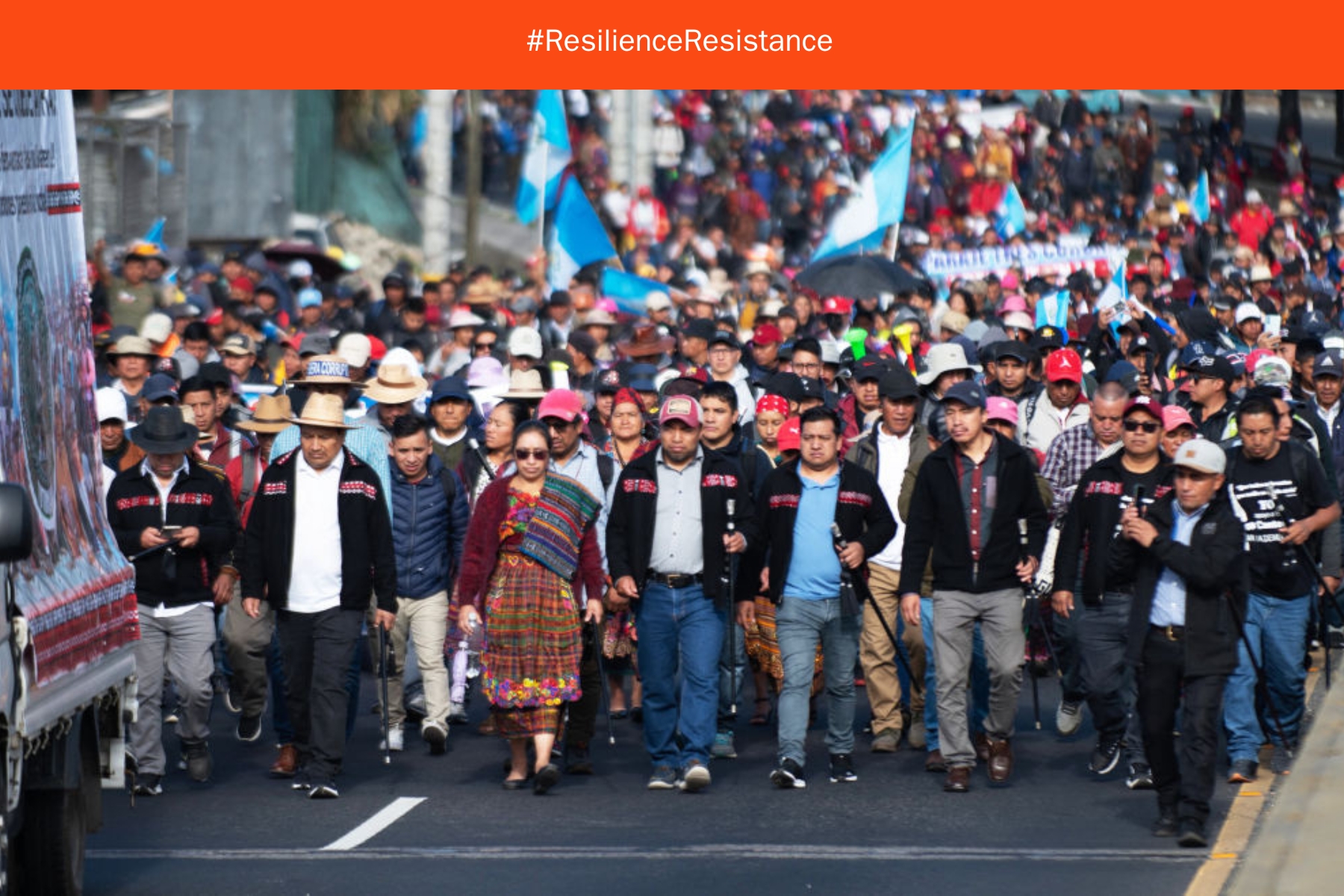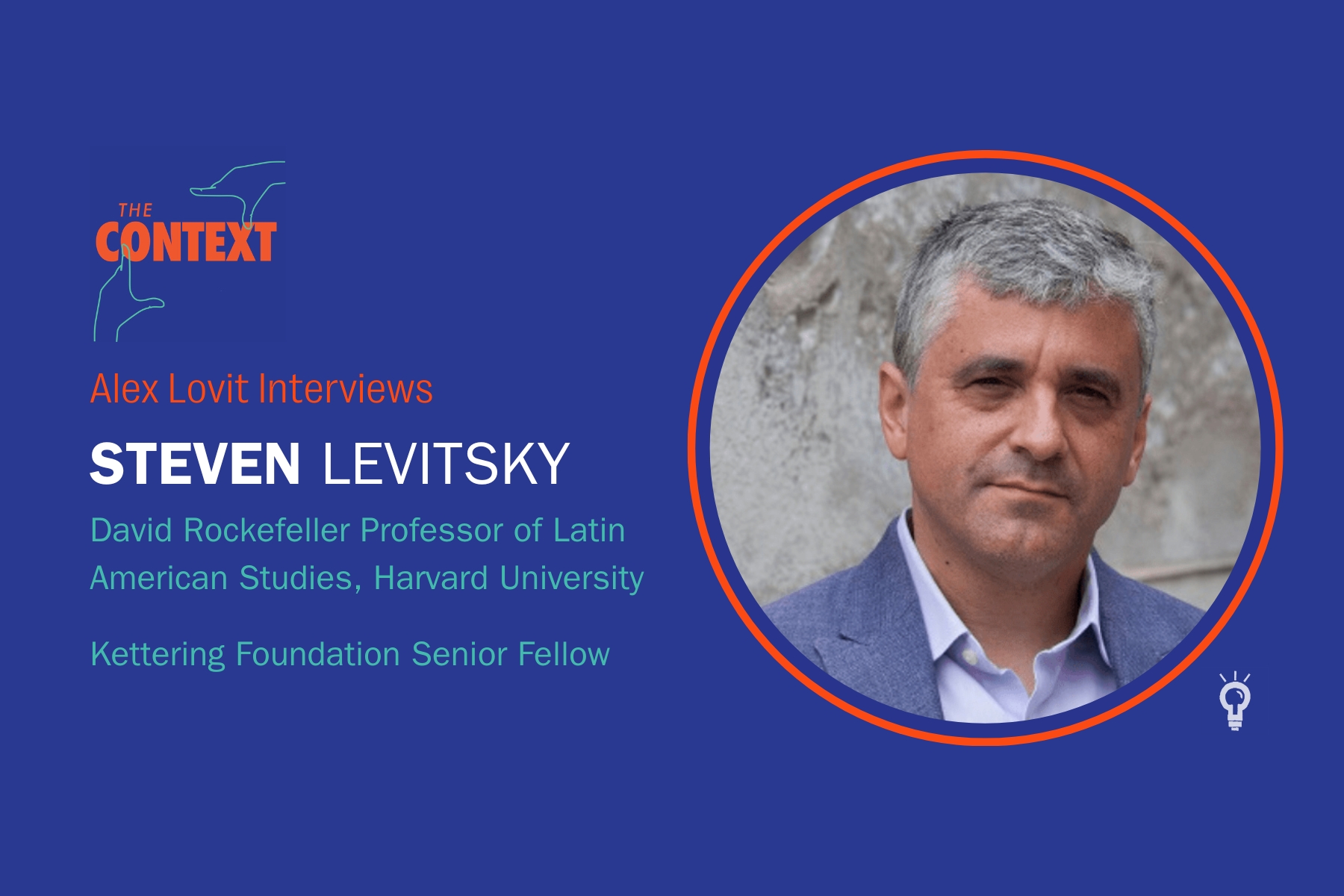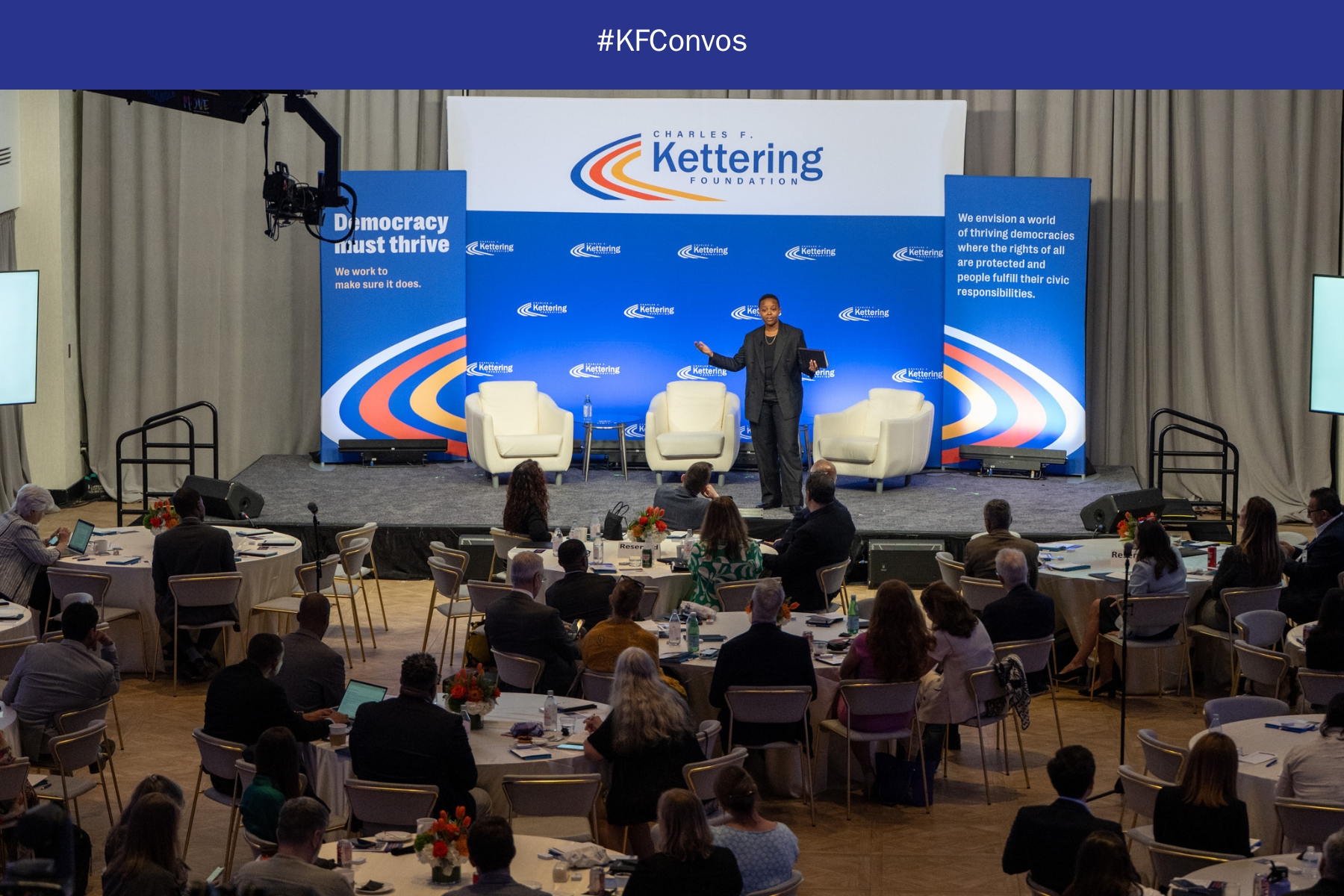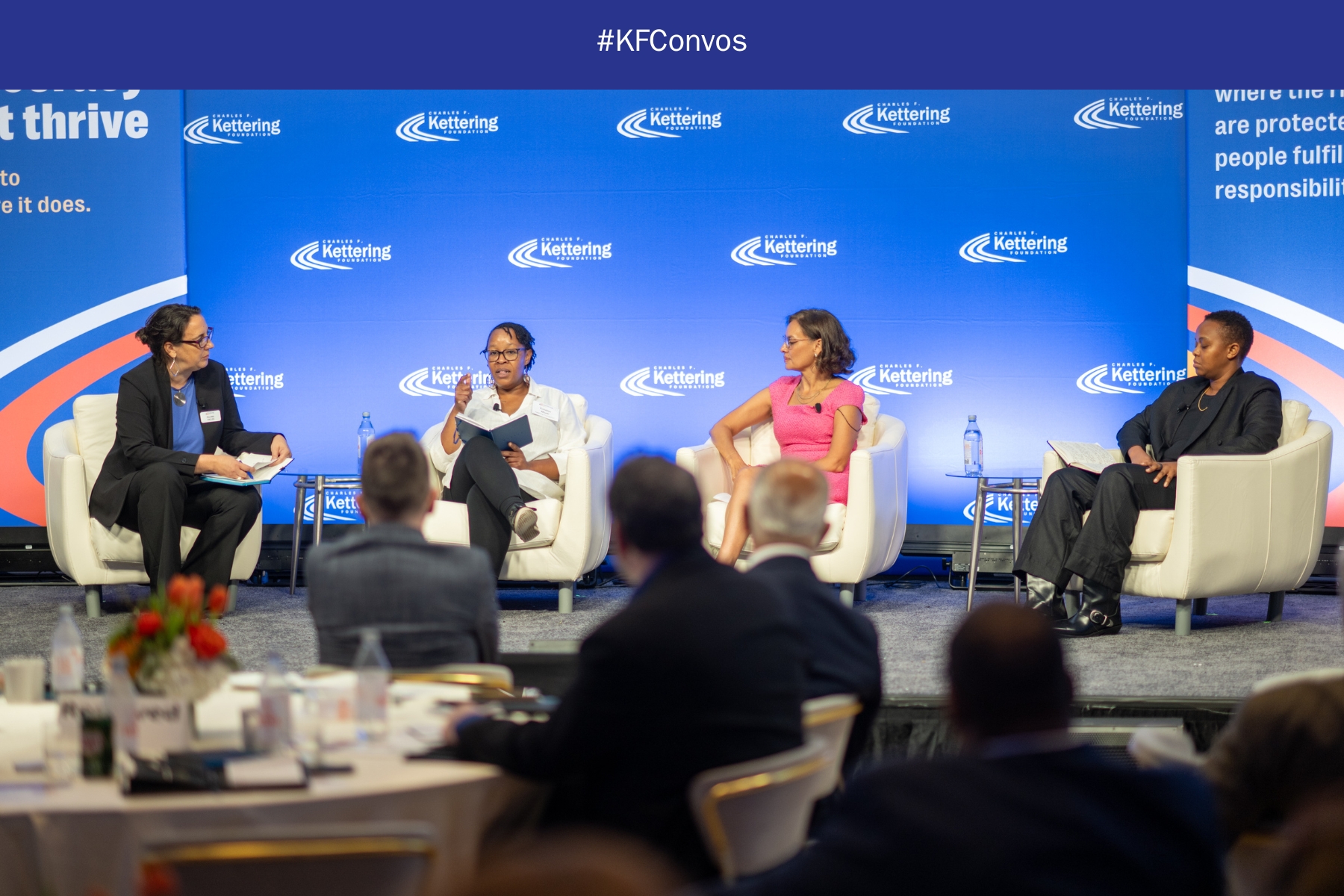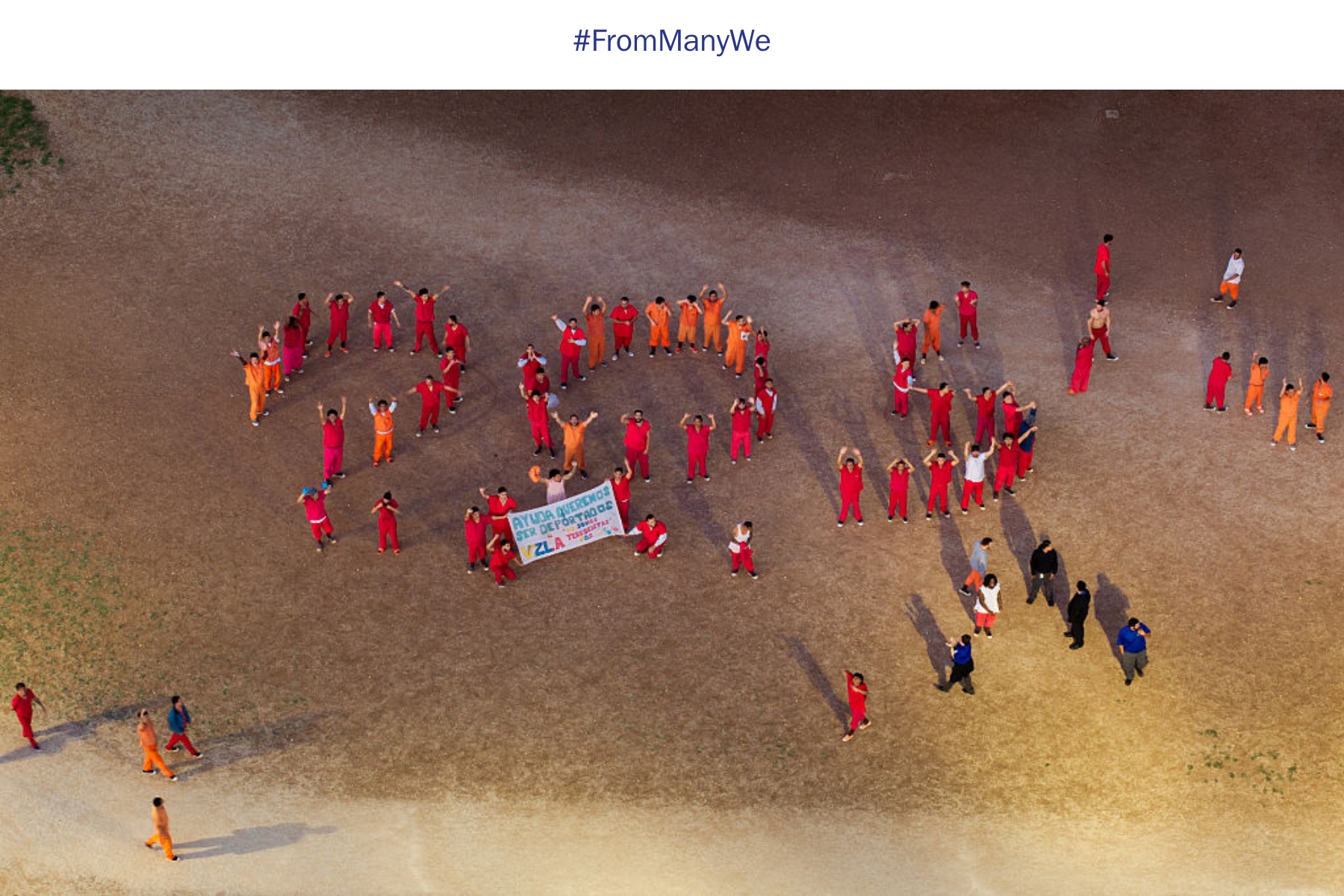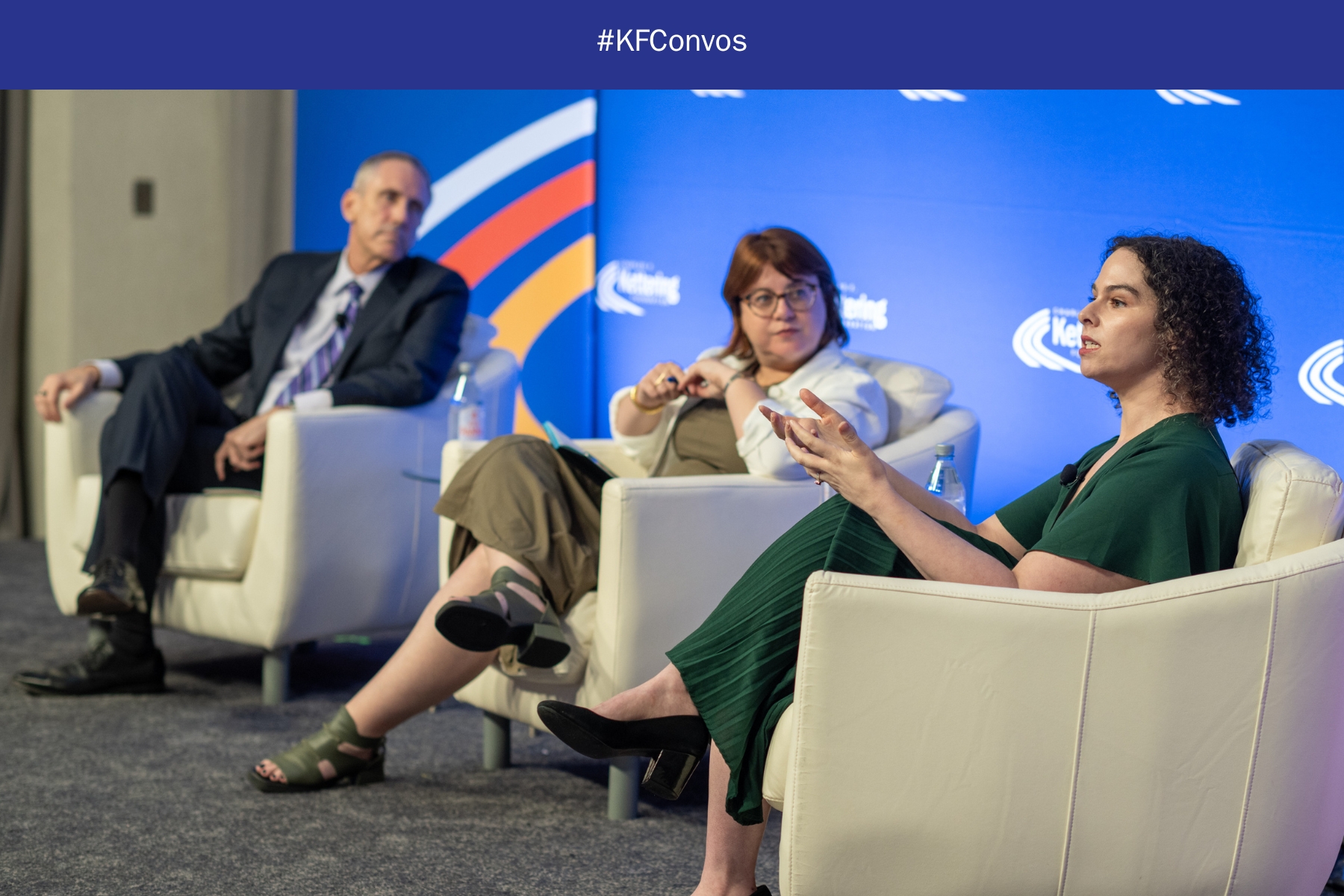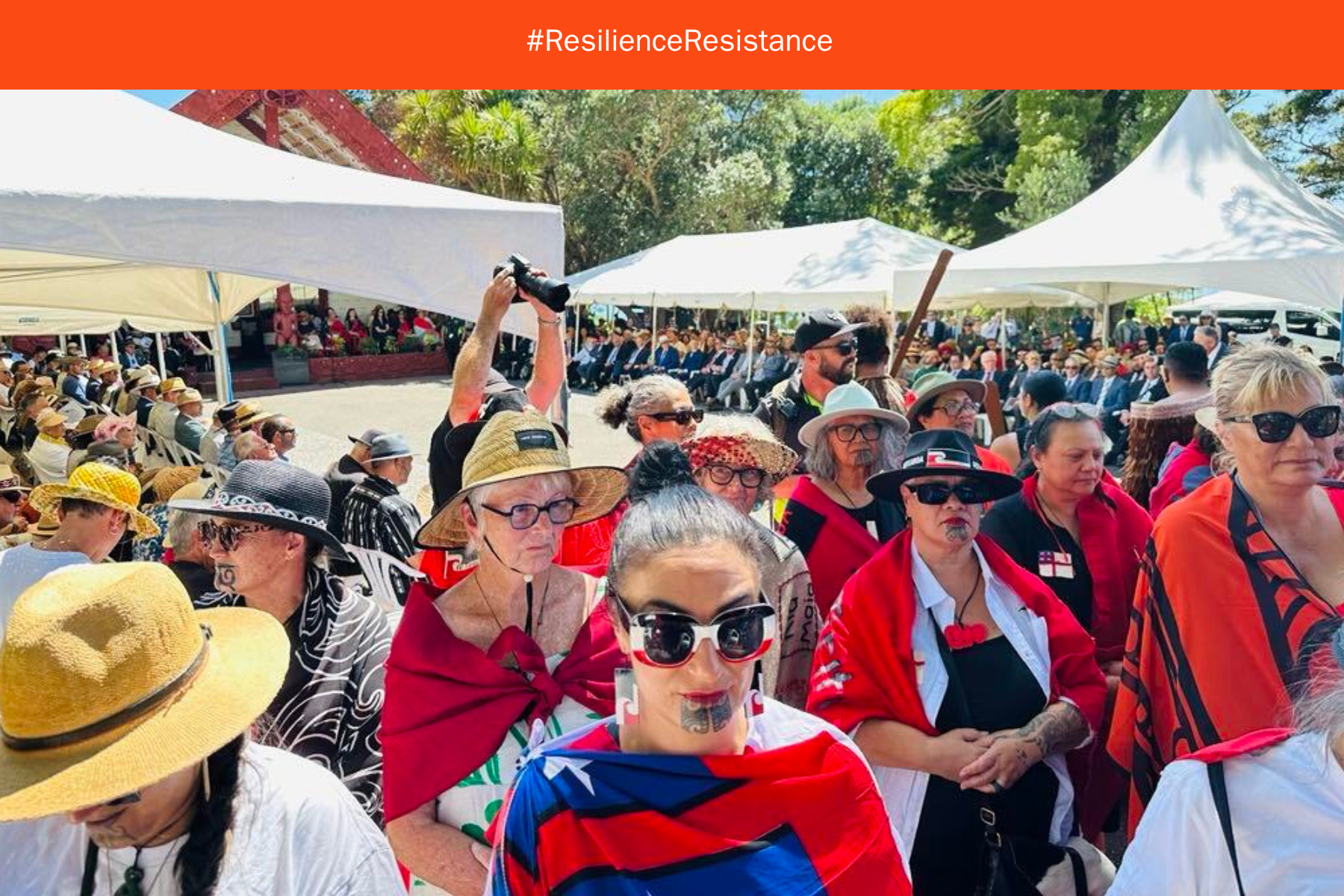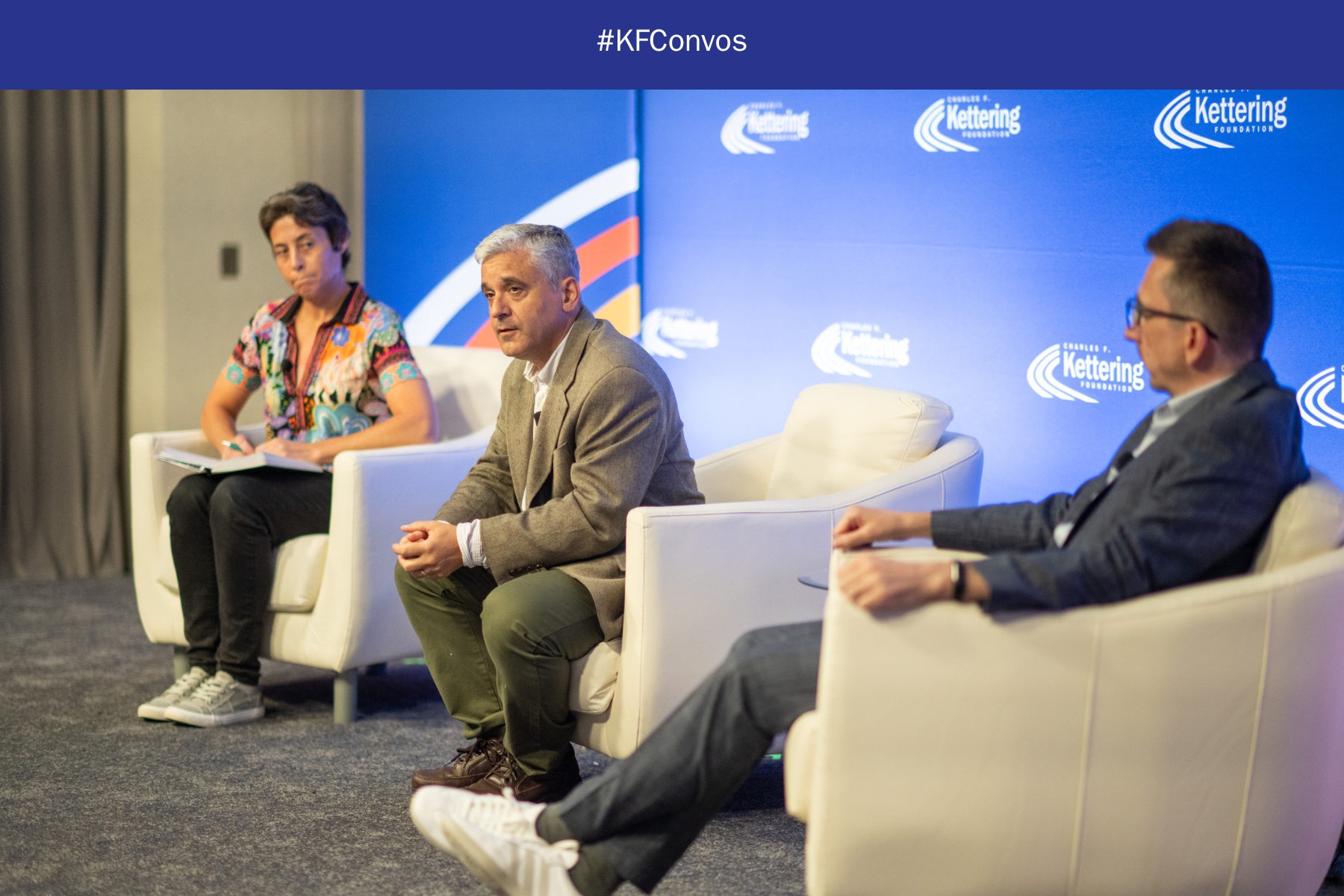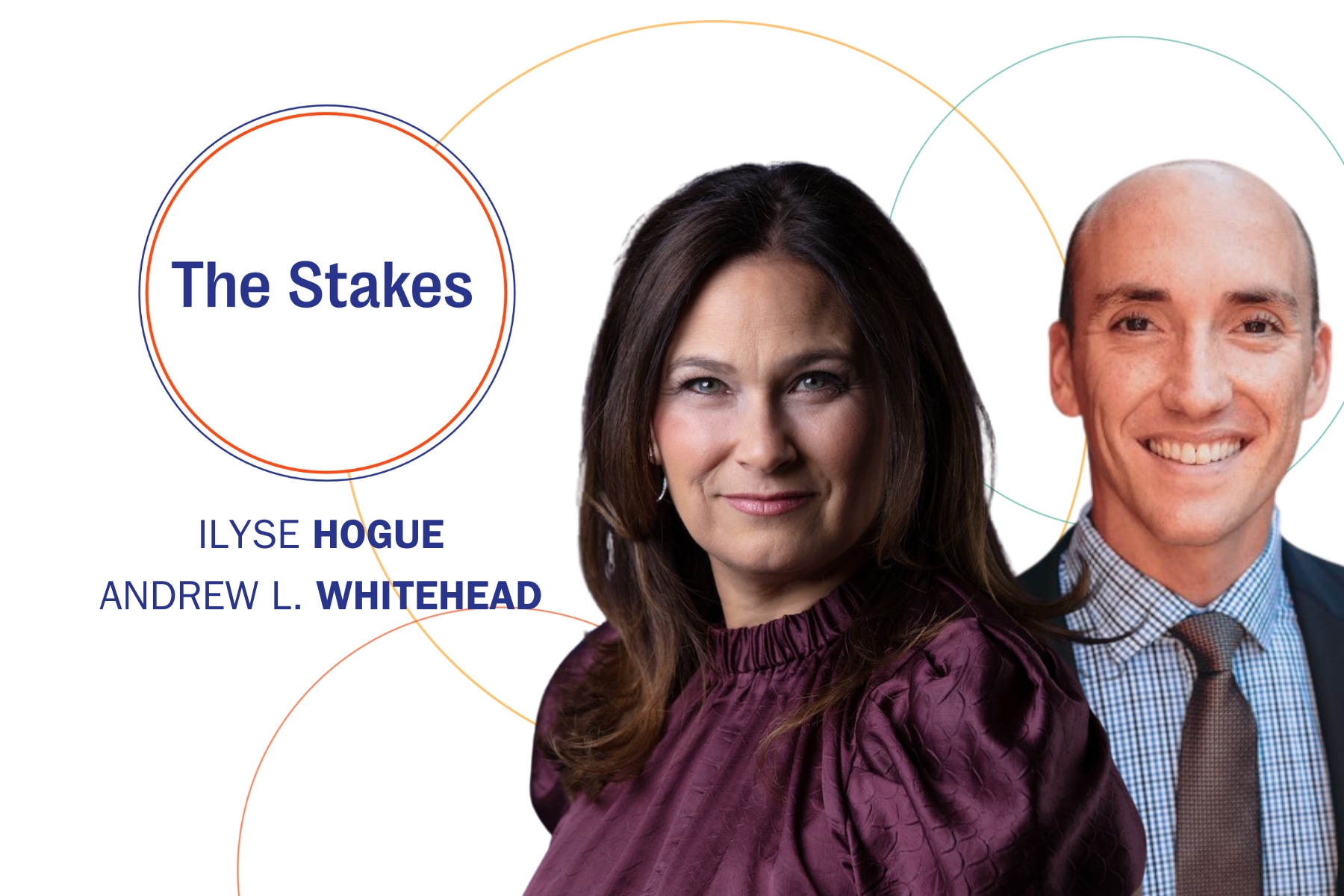Lessons Learned from USAID: The Importance of Local Civic Networks in Resisting Authoritarianism

As of July 1, 2025, the Trump administration has completed its chaotic and impulsive dissolution of the US Agency for International Development (USAID) and has incorporated the few remaining programs into the Department of State. Halting US foreign assistance will have catastrophic humanitarian consequences and deleterious effects on global democracy. Resurrecting any substantial foreign assistance or international democracy support capacity within the US government will be nearly impossible over the next few years. The current imperative for those in this field is to capture and communicate as many lessons learned as possible. The Trump administration is attempting to destroy the institutional memory of USAID as it destroys the agency itself. This is particularly true of USAID’s global democracy support and conflict prevention work as the United States experiences democratic backsliding analogous to many of the places where USAID worked to promote flourishing, peaceful, and inclusive democracies.
Local Is Global, Global Is Local: Fostering Community Safety and Resilience in the Face of National and Global Threats
An important lesson learned from USAID’s global democracy support and conflict prevention work is that a focus on local issues and actions, even when the primary threats are national or global, can lead to the most effective results. This is especially true early in the organization of pro-democracy work when pro-democracy actors must define the problems they can realistically make progress on with the resources and relationships they have on hand. Organizing locally also has the benefit of making progress more tangible to a broader spectrum of local allies, and this leads to less burnout and an increased ability to sustain enthusiasm over a longer period of time on a broader range of actions. Progress at the local level can build up to higher levels, like building blocks. Aggregation of positive effects can allow local activists, who started their activism by focusing on local issues, to have an outsized effect on eventually defeating the national or global threats that were negatively affecting their local communities.
Three examples from USAID’s work in Honduras, Ukraine, and Colombia illustrate this principle in action.
Honduras
In 2012, Honduras had the highest homicide rate in the world, at 85.5 per 100,000 people (by comparison, that year the rate in the United States was 4.7 per 100,000). The causes of this extreme violence were many: international issues, such as narcotics trafficking and establishment of transnational criminal gangs in Honduran communities; national issues, such as weak and corrupt police and other justice sector institutions; and local issues, such as internal migration, informal settlements, and weak social fabric in local communities. The result of this toxic combination imposed a terrifying existence for residents of the most vulnerable Honduran communities and created a variety of social ills and mass migration to the United States.
In the face of these challenges, the prospect for civil society leaders to push back on the gang control of their neighborhoods was bleak. Any resistance risked co-option or violent reprisal. The spark of change came when brave community leaders and members (often leaders of faith communities) partnered with local police to form alliances that had not existed previously, mostly due to the institutional weakness and corruption of the police force. As these partnerships deepened, other public institutions (such as municipal governments and utility providers) joined the alliance to provide for community needs and to signal the necessity (to the gangs and government actors alike) to respect community priorities. USAID provided financial support and convening facilitation to bring the different partners together. The situation in these communities did not change overnight, but by 2019, Honduras’s homicide rate was half what it had been at the beginning of the decade because of these kinds of alliances at the local and national levels that drew lessons from the local work.
Ukraine
In February 2022, Russia commenced its full-scale invasion of Ukraine. Russia’s aggression against its neighbor has elevated since 2014, from regional incursions into eastern Ukraine and the illegal annexation of Crimea to a full war of conquest. Communities on the front lines of the war have suffered the most with widespread destruction, population displacement, and loss of hope of ever returning to a peaceful existence in their homes. As the war has dragged on, the need to sustain morale and civic engagement, especially in frontline communities, has only increased.
A large part of Ukrainian resilience has been the spirit of volunteerism and unity displayed by Ukrainians all over the country. This has manifested in widespread support to members of the military and their families. Volunteerism has been particularly important in frontline communities where the needs are great and the risk of feeling abandoned by the rest of the country (as well as the international community) is high. USAID supported volunteer efforts to rebuild some of the hardest hit communities. These rebuilding efforts attracted volunteers from all over Ukraine as well as internationally. People from different places engaged and collaborated to show residents of the frontline communities that there were many outsiders who cared deeply about them and the challenges they faced. Effective communication about the projects amplified the effects of the projects and led to a national-level impact based on the local work.
Colombia
In 2016, the Colombian government signed a peace agreement with the Revolutionary Armed Forces of Colombia (FARC). The agreement formally ended a conflict that lasted more than five decades and left more than 300,000 Colombians dead or missing. The peace accord contained both national and local provisions, but the local provisions were especially challenging to implement due to the Colombian government’s inability to effectively and equitably govern all of its territory throughout its history.
Seeing the opportunity to create a new, better reality for rural Colombians, local leaders stepped in to their responsibility to build new relationships and institutional connections to benefit their communities. Working within the institutional architecture of the national-level peace accord, USAID supported these efforts. Mechanisms for exchanging lessons learned between leaders in different regions meant that successful approaches in one area could be replicated and adapted in others, which led to iteration and improvement in local governance across the country. Many challenges remain for rural Colombia in achieving a lasting peace, but the country has modeled an approach to working locally and internationally that could be successful everywhere.
Lessons for US Democracy Defenders
These examples and others hold many lessons for defenders of democracy in the United States. Beginning with a conference cosponsored by the Los Angeles Violence Prevention Coalition and USAID, the international and US violence prevention communities have created a robust knowledge exchange infrastructure to transfer lessons learned in how to keep cities safe, with significant contributions from USAID’s work and personnel in Honduras. The approach of creating broad, cross-sectoral community alliances has also expanded beyond violence prevention to democracy defense more broadly, with important applications for local organizing as the United States undergoes its own democratic backsliding. The lessons from local volunteerism and mutual aid actions like those USAID supported in Ukraine are increasingly being recognized and applied to other community driven justice and solidarity movements worldwide. The example of local leaders in Colombia plugging in to national-level peace processes to benefit their communities is similar to how local pro-democracy organizers have taken the lead in organizing for national events such as the June 2025 No Kings protests throughout the United States. Moving forward, the constructive balance between local leadership and organizing and state and national-level effects must be maintained. Defenders of democracy in the United States have been learning from efforts in other places and adapting for the US context. Global pro-democracy movements must maximize these partnerships and learning communities must expand and deepen to encourage faster innovation and iteration in global pro-democracy work.
Daniel Tirrell is the cofounder and coexecutive director of The Ohio Democracy Project. Previously, he worked for 14 years on political transition and violence prevention programs at USAID’s Office of Transition Initiatives.
From Many, We is a Charles F. Kettering Foundation blog series that highlights the insights of thought leaders dedicated to the idea of inclusive democracy. Queries may be directed to fmw@kettering.org.
The views and opinions expressed by contributors to our digital communications are made independent of their affiliation with the Charles F. Kettering Foundation and without the foundation’s warranty of accuracy, authenticity, or completeness. Such statements do not reflect the views and opinions of the foundation which hereby disclaims liability to any party for direct, indirect, implied, punitive, special, incidental, or other consequential damages that may arise in connection with statements made by a contributor during their association with the foundation or independently.
